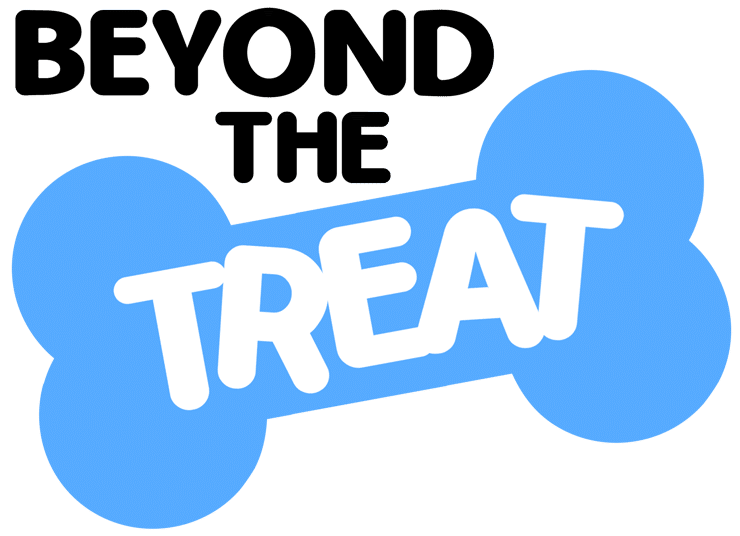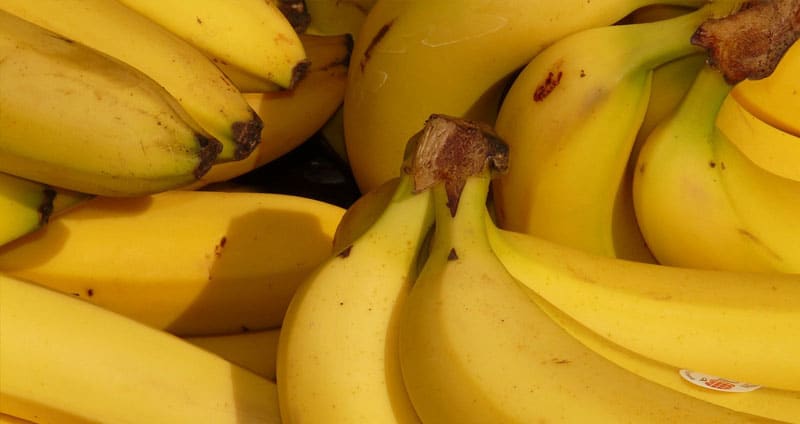Bananas are fruits that provide people with plenty of energy through their natural sugar content and fiber. In addition to this, they’re very rich in iron, carbohydrates, phosphorous, and other essential vitamins and minerals. With all of the great benefits that come from bananas, you may be wondering: Can ferrets eat bananas?
Due to the ferret’s sensitive digestive system, you should not feed your ferret bananas. While a trace amount of banana is okay for consumption, eating any more than that can result in intestinal distress or more serious complications.
Table of Contents
What Do Ferrets Eat In The Wild?
To better understand why bananas aren’t the best food for ferrets, it helps to know what their ancestors ate in the wild. Ferrets are domesticated creatures now, but for thousands of years their wild counterparts’ digestive systems would become fine-tuned for digesting and processing the food that they commonly hunted.
This makes it very important that you match your ferret’s food to their natural diet — that’s what their bodies are optimized for!
Ferrets are unlike a lot of other animals because they’re classified as obligate carnivores. This means that ferrets essentially need to only eat meat in order to survive. Standard carnivores eat primarily meat but can eat plant matter, while obligate carnivores get every single one of their essential nutrients from meat.
Ferrets can still eat plant matter, but they can only go as far as that. Plants, nuts, and most other foods besides animal protein can’t be digested and processed by ferrets.
In the wild, ferrets would eat a wide variety of different animals. Ferrets essentially eat anything that they can catch. Some of the most popular animals that are eaten by ferrets are rabbits, snakes, rats, and even birds. All of these animals provide ferrets with the essential nutrients that they need to live.
Why Can’t Ferrets Eat Bananas?
Looking at what ferrets would eat in the wild, it’s quite clear why bananas are not a healthy option for them. Because of the fact that ferrets are obligate carnivores, they don’t have the digestive system functionality to actually digest bananas. Therefore, if a ferret were to ingest a banana, they wouldn’t be able to properly process it, leading to intestinal distress.
The digestive system of a ferret is very short, quickly processing and passing food to make room for new food. Because of this, foods that are high in fiber or complex carbohydrates are not good for ferrets to eat as they take much longer to process than straight protein.
A banana is a food that has large amounts of both fiber and complex carbohydrates, so it makes sense why it’s not easily digestible.
Additionally, once again, ferrets are obligate carnivores. These carnivores don’t require any other food sources to get their essential nutrients. So, bananas are essentially useless to ferrets as they aren’t able to be processed and efficiently turned into energy.
In small amounts, bananas won’t cause harm to ferrets. However, in large amounts or when fed regularly, bananas can have quite a few negative effects. In addition to the fact that bananas can’t be digested, the actual nutritional content isn’t healthy for ferrets — mainly the sugar!
Can Ferrets Eat Sugar?
There isn’t a direct answer to this question, as ferrets can have sugar in both healthy and unhealthy ways. If your ferret is getting small amounts of sugar through their treats and food, that would be totally acceptable. However, if your ferret is eating sugar-rich foods, that’s where problems can arise.
Most sugar-rich foods simply aren’t good foods for ferrets to eat. Because of the fact that ferrets are obligate carnivores, they get all of their essential nutrients from meat. Unprocessed, quality meat generally doesn’t have sugar added to it. Therefore, if you’re feeding your ferret a healthy diet, then they shouldn’t be exposed to much sugar at all.
Additionally, sugary foods can cause health complications in all animals, not just ferrets. Ferrets that eat a lot of sugar can see spikes in their blood sugar, and this can result in insulinoma in ferrets generally aged 2-3. This condition can result in weakness, lethargy, seizures, teeth grinding, and increased salivation.
So, ferrets can consume sugar in very small amounts without any downsides, but large amounts need to be avoided at all costs. Ferrets simply don’t need to consume sugars, so there’s no need to provide them with sugar in the first place.
Good Banana Alternatives For Ferrets
Bananas are a great source of energy and essential vitamins and minerals, so it is disappointing that they can’t be fed to ferrets. However, this doesn’t mean that your ferret’s diet has to be lacking of interesting food. Part of being a successful ferret owner is knowing the dietary requirements of your ferret and finding food that fulfills those needs.
Below, we have listed out two of the most popular treats that ferret owners give their ferrets. These treats are excellent replacements for bananas as they’re very tasty and provide ferrets with nutrients that their bodies can actually absorb and utilize.
OUR RECOMMENDATION
8 in 1 FerretVite Vitamin Supplement
Ferret owners that are looking for a great supplement for their ferret’s diet usually go with this paste.
This FerretVite supplement stimulates appetite and weight gain for malnourished ferrets.
Full of healthy fatty acids and taurine, this supplement helps to keep a ferret’s skin and coat healthy.
OUR RECOMMENDATION
Marshall Bandits Premium Ferret Treats
Regular ferret treats are a great way to bring some diversity into your ferret’s daily diet.
This variety pack works to keep ferret’s diets interesting and can act as a great reward.
Although they’re more focused on taste, these treats are still high in protein and very low on fillers.



